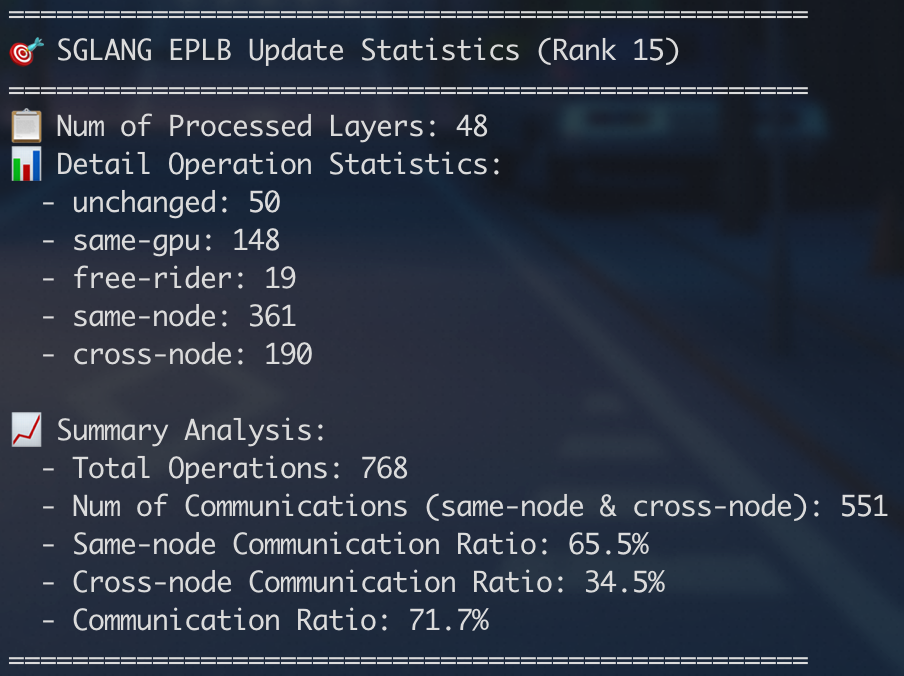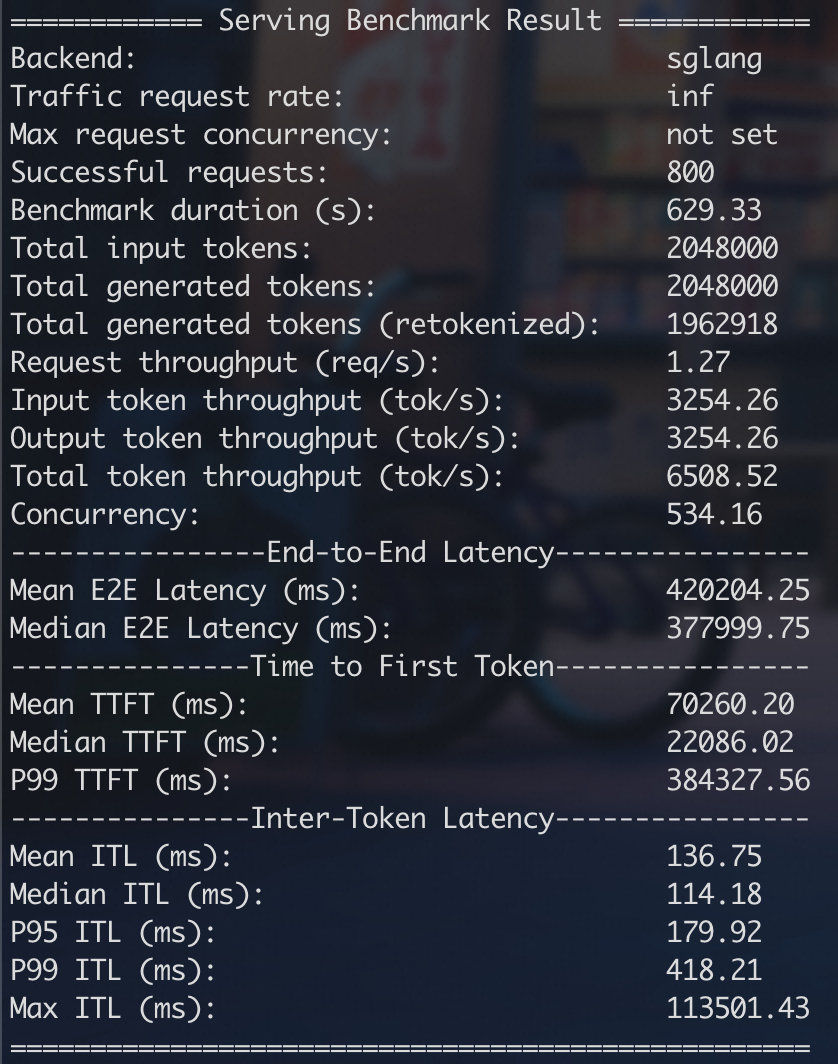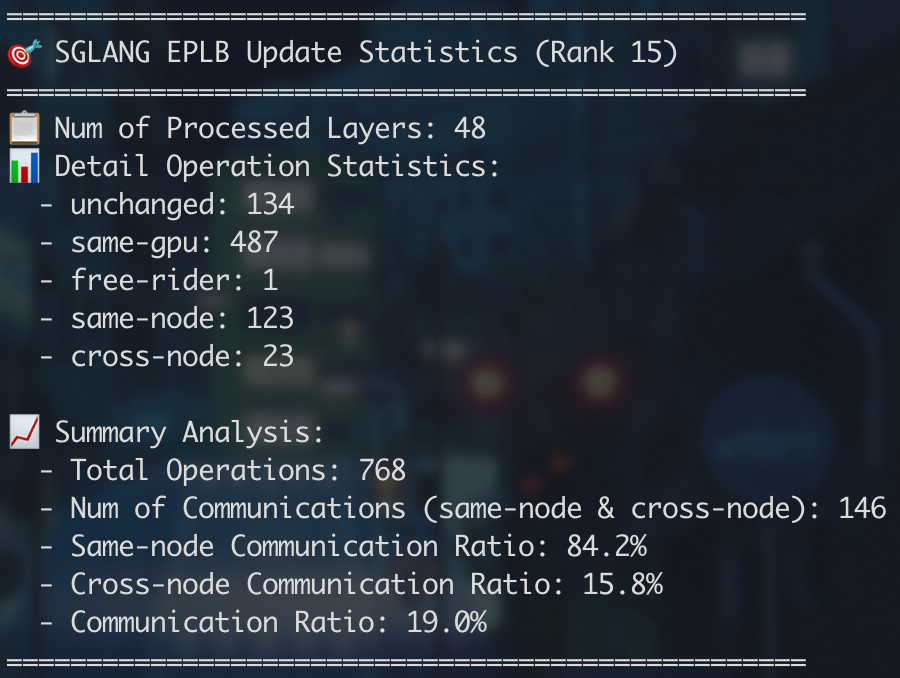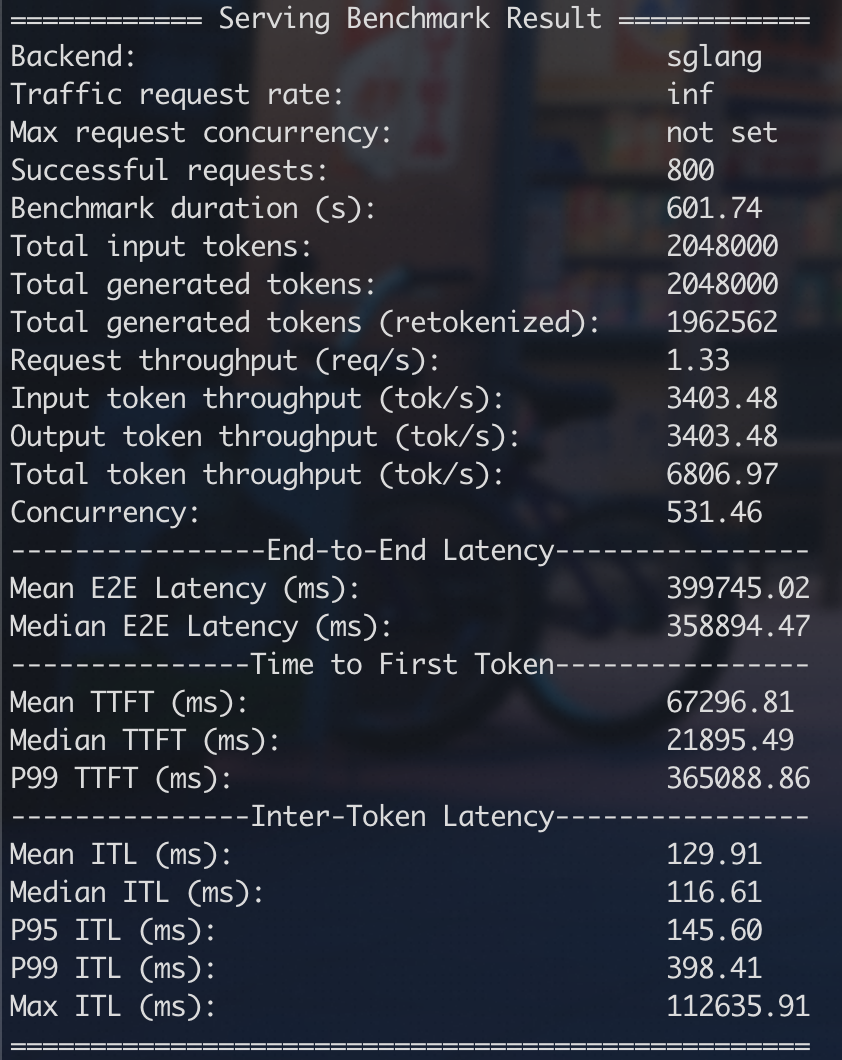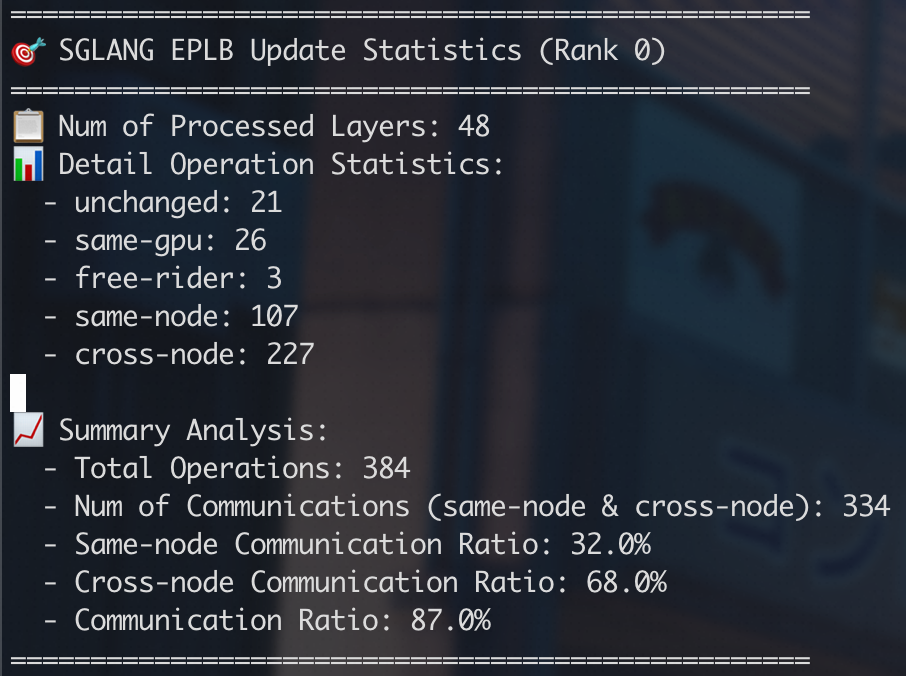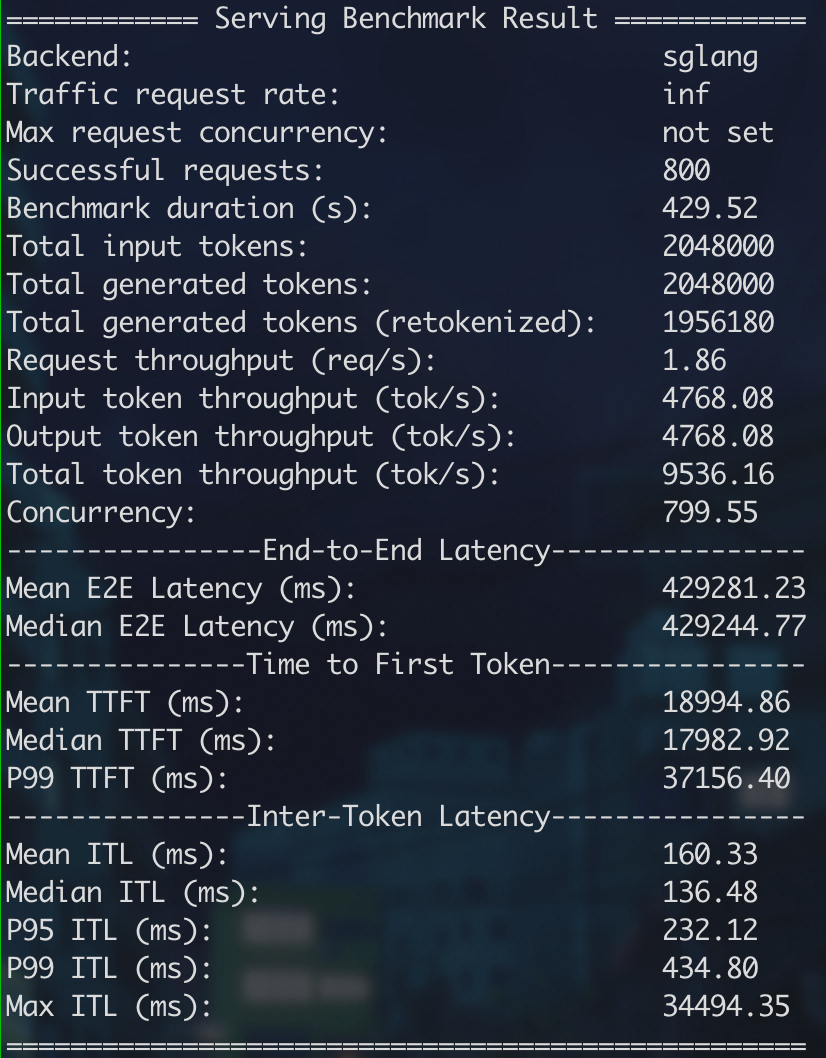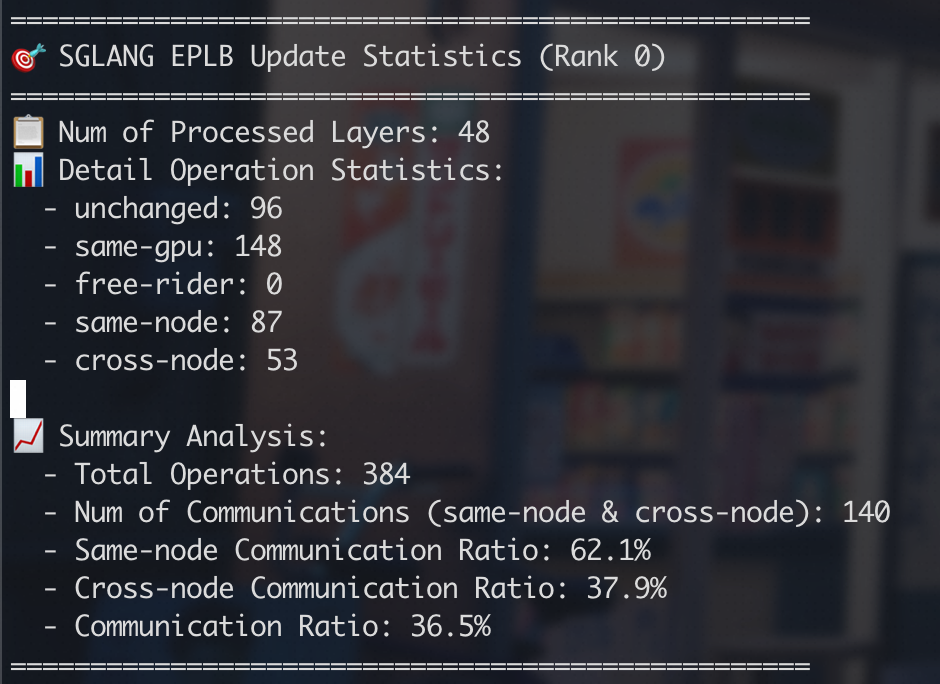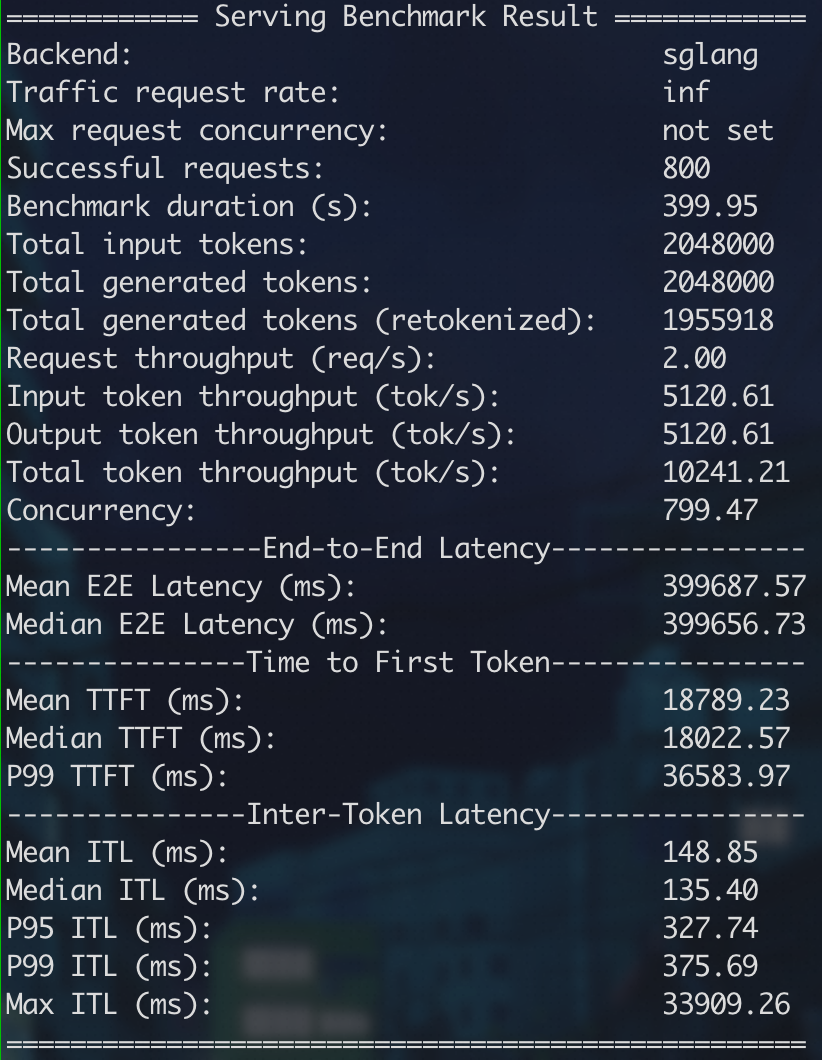1
2
3
4
5
6
7
8
9
10
11
12
13
14
15
16
17
18
19
20
21
22
23
24
25
26
27
28
29
30
31
32
33
34
35
36
37
38
39
40
41
42
43
44
45
46
47
48
49
50
51
52
53
54
55
56
57
58
59
60
61
62
63
64
65
66
67
68
69
70
71
72
73
74
75
76
77
78
79
80
81
82
83
84
85
86
87
88
89
90
91
92
93
94
95
96
97
98
99
100
101
102
103
104
105
106
107
108
109
110
111
112
113
114
115
116
117
118
119
120
121
122
123
124
125
126
127
128
129
130
131
132
133
134
135
136
137
138
139
140
141
142
143
144
145
146
147
148
149
150
151
152
153
154
155
156
157
158
159
160
161
162
163
164
165
166
167
168
169
170
171
172
173
174
175
176
177
178
179
180
181
182
183
184
185
186
187
188
189
190
191
192
193
194
195
196
197
198
199
200
201
202
203
204
205
206
207
208
209
210
211
212
213
214
215
216
217
218
219
220
221
222
223
224
225
226
227
228
229
230
231
232
233
234
235
236
237
238
239
240
241
242
243
244
245
246
247
248
249
250
251
252
253
254
255
256
257
258
259
260
261
262
263
264
265
266
267
268
269
270
271
272
273
274
275
276
277
278
279
280
281
282
283
284
285
286
287
288
289
290
291
292
293
294
295
296
297
298
299
300
301
302
303
304
305
306
307
308
309
310
311
312
313
314
315
316
317
318
319
320
321
322
323
| from typing import Tuple, Optional
import torch
from sglang.srt.utils import get_bool_env_var
_REBALANCE_CALL_COUNT = 0
def balanced_packing(
weight: torch.Tensor, num_packs: int
) -> Tuple[torch.Tensor, torch.Tensor]:
"""
Pack n weighted objects to m packs, such that each bin contains exactly n/m objects and the weights of all packs
are as balanced as possible.
Parameters:
weight: [X, n], the weight of each item
num_packs: number of packs
Returns:
pack_index: [X, n], the pack index of each item
rank_in_pack: [X, n], the rank of the item in the pack
"""
num_layers, num_groups = weight.shape
assert num_groups % num_packs == 0
groups_per_pack = num_groups // num_packs
if groups_per_pack == 1:
pack_index = torch.arange(
weight.size(-1), dtype=torch.int64, device=weight.device
).expand(weight.shape)
rank_in_pack = torch.zeros_like(weight, dtype=torch.int64)
return pack_index, rank_in_pack
indices = weight.float().sort(-1, descending=True).indices.cpu()
pack_index = torch.full_like(weight, fill_value=-1, dtype=torch.int64, device="cpu")
rank_in_pack = torch.full_like(pack_index, fill_value=-1)
for i in range(num_layers):
pack_weights = [0] * num_packs
pack_items = [0] * num_packs
for group in indices[i]:
pack = min(
(i for i in range(num_packs) if pack_items[i] < groups_per_pack),
key=pack_weights.__getitem__,
)
assert pack_items[pack] < groups_per_pack
pack_index[i, group] = pack
rank_in_pack[i, group] = pack_items[pack]
pack_weights[pack] += weight[i, group]
pack_items[pack] += 1
return pack_index, rank_in_pack
def balanced_packing_vectorized(
weight: torch.Tensor, num_packs: int
) -> Tuple[torch.Tensor, torch.Tensor]:
num_layers, num_groups = weight.shape
assert num_groups % num_packs == 0
groups_per_pack = num_groups // num_packs
if groups_per_pack == 1:
pack_index = torch.arange(
weight.size(-1), dtype=torch.int64, device=weight.device
).expand(weight.shape)
rank_in_pack = torch.zeros_like(weight, dtype=torch.int64)
return pack_index, rank_in_pack
indices = weight.float().sort(-1, descending=True).indices
pack_index = torch.full_like(weight, fill_value=-1, dtype=torch.int64)
rank_in_pack = torch.full_like(weight, fill_value=-1, dtype=torch.int64)
pack_weights = torch.zeros(num_layers, num_packs, dtype=weight.dtype, device=weight.device)
pack_items = torch.zeros(num_layers, num_packs, dtype=torch.int64, device=weight.device)
for j in range(num_groups):
groups = indices[:, j]
available_mask = (pack_items < groups_per_pack)
masked_pack_weights = torch.where(available_mask, pack_weights, torch.inf)
packs = torch.argmin(masked_pack_weights, dim=1)
rank_in_pack_current = pack_items[torch.arange(num_layers), packs]
pack_index[torch.arange(num_layers), groups] = packs
rank_in_pack[torch.arange(num_layers), groups] = rank_in_pack_current
pack_weights.scatter_add_(1, packs.unsqueeze(1), weight[torch.arange(num_layers), groups].unsqueeze(1))
pack_items[torch.arange(num_layers), packs] += 1
return pack_index, rank_in_pack
def balanced_packing_vectorized_with_comm(
weight: torch.Tensor,
num_packs: int,
phy2mlog: Optional[torch.Tensor] = None,
comm_penalty: Optional[torch.Tensor] = None,
) -> Tuple[torch.Tensor, torch.Tensor]:
"""
Pack n weighted objects to m packs, such that each bin contains exactly n/m objects and the weights of all packs
are as balanced as possible.
Parameters:
weight: [X, n], the weight of each item
num_packs: number of packs
comm_penalty: [X, n, num_packs], communication penalty for placing item j in pack k for layer i
Returns:
pack_index: [X, n], the pack index of each item
rank_in_pack: [X, n], the rank of the item in the pack
"""
num_layers, num_groups = weight.shape
assert num_groups % num_packs == 0
groups_per_pack = num_groups // num_packs
if groups_per_pack == 1:
pack_index = torch.arange(
weight.size(-1), dtype=torch.int64, device=weight.device
).expand(weight.shape)
rank_in_pack = torch.zeros_like(weight, dtype=torch.int64)
return pack_index, rank_in_pack
indices = weight.float().sort(-1, descending=True).indices
pack_index = torch.full_like(weight, fill_value=-1, dtype=torch.int64)
rank_in_pack = torch.full_like(weight, fill_value=-1, dtype=torch.int64)
pack_weights = torch.zeros(num_layers, num_packs, dtype=weight.dtype, device=weight.device)
pack_items = torch.zeros(num_layers, num_packs, dtype=torch.int64, device=weight.device)
for j in range(num_groups):
groups = indices[:, j]
available_mask = (pack_items < groups_per_pack)
base_costs = pack_weights.clone()
if comm_penalty is not None and _REBALANCE_CALL_COUNT >= 3:
logical_expert_ids = phy2mlog[torch.arange(num_layers), groups]
current_penalties = comm_penalty[
torch.arange(num_layers),
logical_expert_ids,
:
].view(num_layers, num_packs, groups_per_pack)[:, :, 0]
penalty_factor = 1.0 + current_penalties
adjusted_costs = base_costs * penalty_factor
else:
adjusted_costs = base_costs
masked_adjusted_costs = torch.where(available_mask, adjusted_costs, torch.inf)
packs = torch.argmin(masked_adjusted_costs, dim=1)
rank_in_pack_current = pack_items[torch.arange(num_layers), packs]
pack_index[torch.arange(num_layers), groups] = packs
rank_in_pack[torch.arange(num_layers), groups] = rank_in_pack_current
pack_weights.scatter_add_(1, packs.unsqueeze(1), weight[torch.arange(num_layers), groups].unsqueeze(1))
pack_items[torch.arange(num_layers), packs] += 1
return pack_index, rank_in_pack
def replicate_experts(
weight: torch.Tensor, num_phy: int
) -> Tuple[torch.Tensor, torch.Tensor, torch.Tensor]:
"""
Replicate `num_log` experts to `num_phy` replicas, such that the maximum load of all replicas is minimized.
Parameters:
weight: [X, num_log]
num_phy: total number of experts after replication
Returns:
phy2log: [X, num_phy], logical expert id of each physical expert
rank: [X, num_phy], the replica rank
logcnt: [X, num_log], number of replicas for each logical expert
"""
n, num_log = weight.shape
num_redundant = num_phy - num_log
assert num_redundant >= 0
device = weight.device
phy2log = torch.arange(num_phy, dtype=torch.int64, device=device).repeat(n, 1)
rank = torch.zeros(n, num_phy, dtype=torch.int64, device=device)
logcnt = torch.ones(n, num_log, dtype=torch.int64, device=device)
arangen = torch.arange(n, dtype=torch.int64, device=device)
for i in range(num_log, num_phy):
redundant_indices = (weight / logcnt).max(dim=-1).indices
phy2log[:, i] = redundant_indices
rank[:, i] = logcnt[arangen, redundant_indices]
logcnt[arangen, redundant_indices] += 1
return phy2log, rank, logcnt
def rebalance_experts_hierarchical(
weight: torch.Tensor,
num_physical_experts: int,
num_groups: int,
num_nodes: int,
num_gpus: int,
comm_penalty: Optional[torch.Tensor] = None,
):
"""
Parameters:
weight: [num_moe_layers, num_logical_experts]
num_physical_experts: number of physical experts after replication
num_groups: number of expert groups
num_nodes: number of server nodes, where the intra-node network (e.g, NVLink) is faster
num_gpus: number of GPUs, must be a multiple of `num_nodes`
Returns:
physical_to_logical_map: [num_moe_layers, num_physical_experts]
logical_to_physical_map: [num_moe_layers, num_logical_experts, X]
logical_count: [num_moe_layers, num_logical_experts]
"""
num_layers, num_logical_experts = weight.shape
assert num_logical_experts % num_groups == 0
group_size = num_logical_experts // num_groups
assert num_groups % num_nodes == 0
groups_per_node = num_groups // num_nodes
assert num_gpus % num_nodes == 0
assert num_physical_experts % num_gpus == 0
phy_experts_per_gpu = num_physical_experts // num_gpus
def inverse(perm: torch.Tensor) -> torch.Tensor:
inv = torch.empty_like(perm)
inv.scatter_(
1,
perm,
torch.arange(perm.size(1), dtype=torch.int64, device=perm.device).expand(
perm.shape
),
)
return inv
tokens_per_group = weight.unflatten(-1, (num_groups, group_size)).sum(-1)
group_pack_index, group_rank_in_pack = balanced_packing(tokens_per_group, num_nodes)
log2mlog = (
(
(group_pack_index * groups_per_node + group_rank_in_pack) * group_size
).unsqueeze(-1)
+ torch.arange(group_size, dtype=torch.int64, device=group_pack_index.device)
).flatten(-2)
mlog2log = inverse(log2mlog)
tokens_per_mlog = weight.gather(-1, mlog2log).view(
-1, num_logical_experts // num_nodes
)
phy2mlog, phyrank, mlogcnt = replicate_experts(
tokens_per_mlog, num_physical_experts // num_nodes
)
tokens_per_phy = (tokens_per_mlog / mlogcnt).gather(-1, phy2mlog)
pack_index, rank_in_pack = balanced_packing_vectorized_with_comm(tokens_per_phy, num_gpus // num_nodes, phy2mlog, comm_penalty)
phy2pphy = pack_index * phy_experts_per_gpu + rank_in_pack
pphy2phy = inverse(phy2pphy)
pphy2mlog = phy2mlog.gather(
-1, pphy2phy
)
pphy2mlog = (
pphy2mlog.view(num_layers, num_nodes, -1)
+ torch.arange(
0,
num_logical_experts,
num_logical_experts // num_nodes,
device=group_pack_index.device,
).view(1, -1, 1)
).flatten(-2)
pphy2log = mlog2log.gather(-1, pphy2mlog)
pphyrank = phyrank.gather(-1, pphy2phy).view(num_layers, -1)
logcnt = mlogcnt.view(num_layers, -1).gather(-1, log2mlog)
return pphy2log, pphyrank, logcnt
def rebalance_experts(
weight: torch.Tensor,
num_replicas: int,
num_gpus: int,
comm_penalty: Optional[torch.Tensor] = None,
) -> Tuple[torch.Tensor, torch.Tensor, torch.Tensor]:
"""
Entry point for expert-parallelism load balancer.
Parameters:
weight: [layers, num_logical_experts], the load statistics for all logical experts
num_replicas: number of physical experts, must be a multiple of `num_gpus`
num_groups: number of expert groups
num_nodes: number of server nodes, where the intra-node network (e.g, NVLink) is faster
num_gpus: number of GPUs, must be a multiple of `num_nodes`
Returns:
physical_to_logical_map: [layers, num_replicas], the expert index of each replica
logical_to_physical_map: [layers, num_logical_experts, X], the replica indices for each expert
expert_count: [layers, num_logical_experts], number of physical replicas for each logical expert
"""
global _REBALANCE_CALL_COUNT
if _REBALANCE_CALL_COUNT < 3:
_REBALANCE_CALL_COUNT += 1
num_layers, num_logical_experts = weight.shape
weight = weight.float().cpu()
phy2log, phyrank, logcnt = rebalance_experts_hierarchical(
weight, num_replicas, 1, 1, num_gpus, comm_penalty
)
maxlogcnt = logcnt.max().item()
log2phy: torch.Tensor = torch.full(
(num_layers, num_logical_experts, maxlogcnt),
-1,
dtype=torch.int64,
device=logcnt.device,
)
log2phy.view(num_layers, -1).scatter_(
-1,
phy2log * maxlogcnt + phyrank,
torch.arange(num_replicas, dtype=torch.int64, device=log2phy.device).expand(
num_layers, -1
),
)
return phy2log, log2phy, logcnt
__all__ = ["rebalance_experts"]
|





